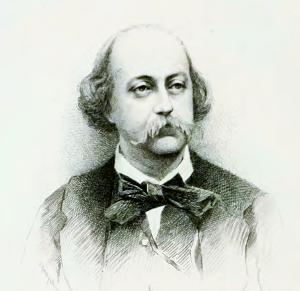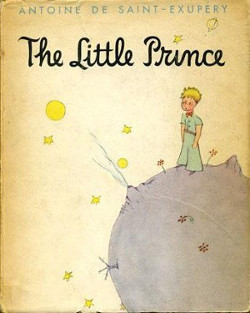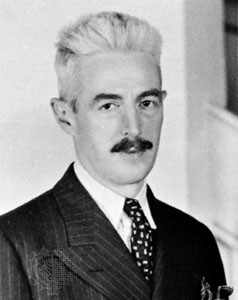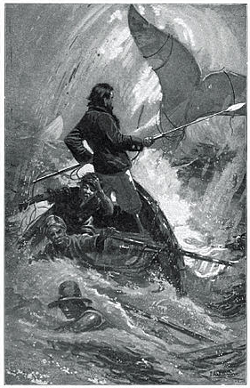In 1956 Macedonian poet Venko Markovski was imprisoned under a fictitious name for circulating a poem critical of Marshal Tito.
Among the guards were individuals who were taking correspondence courses in an attempt to earn a degree. One of these guards, knowing I was a writer, came up to me one day and said: ‘I was told you are a writer. You have knowledge of literature. I have a request …’
‘Please, what do you want to know about literature?’
‘Tell me about Macedonian literature.’
‘Whom are you interested in?’
‘Venko Markovski.’
‘Is it possible you don’t recognize Venko Markovski?’
‘I don’t know him.’
There was an unpleasant pause. I felt sorry for this man who was ordered to guard someone without knowing whom he was guarding. I spoke to him as follows:
‘The best way for you to learn about Venko Markovski is to read his poetry written in Croatian. In this way you will understand Markovski the poet, the Partisan, the public figure, and you will pass your exam easily. But if you rely on me to tell you about Venko Markovski, you will find yourself — after you fail your exam — in the very place where Markovski now finds himself.’
‘What do you mean by that?’ the guard asked. ‘Where is he in fact?’
‘Right in front of you, here on Goli Otok.’
‘Can it be that you are really he?’
‘Yes, I am here under another name.’
The guard walked away silent and confused.
“The warden obviously thought that since he had physical possession of his prisoners he disposed of their minds and souls as well,” Markovski wrote after gaining his freedom in 1961. “But he was mistaken; the body is one thing and the soul is another. There is no way to bribe the human conscience once it has committed itself to the struggle for the rights of its people.”
(From Geoffrey Bould, ed., Conscience Be My Guide: An Anthology of Prison Writings, 2005.)










